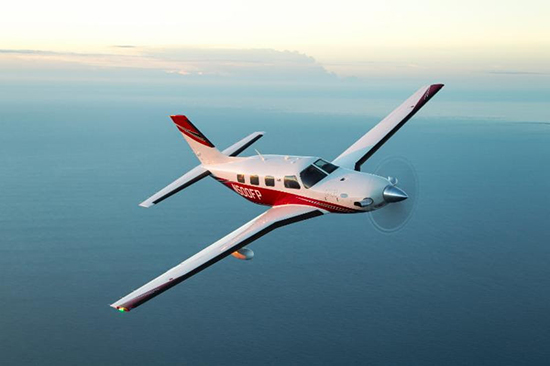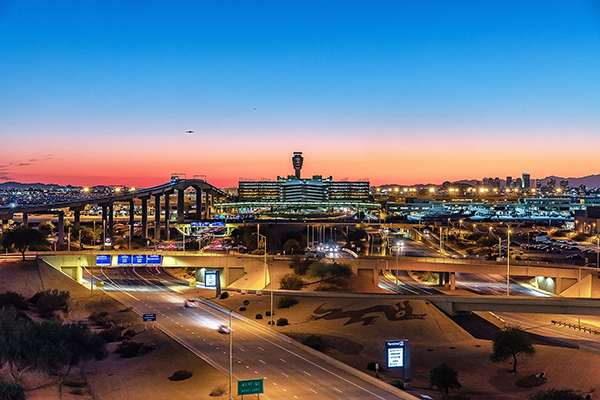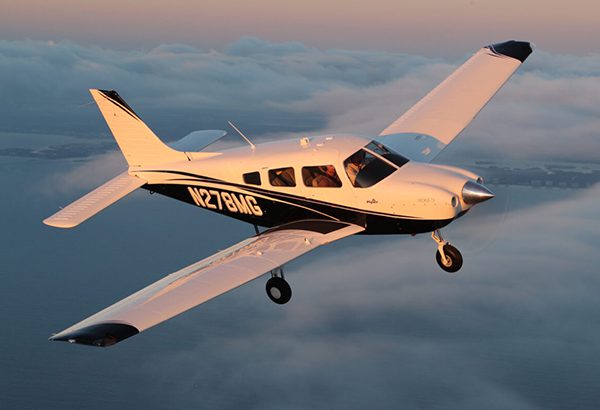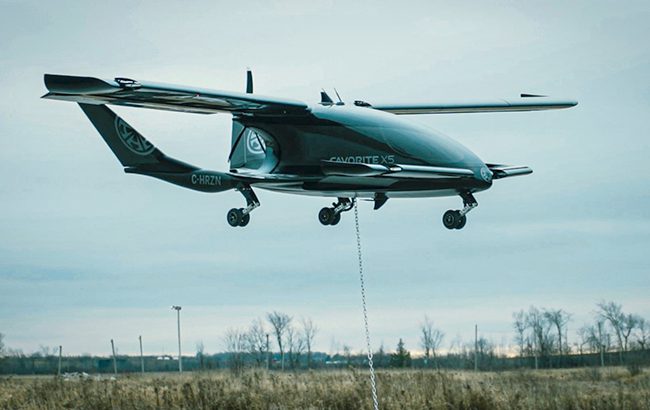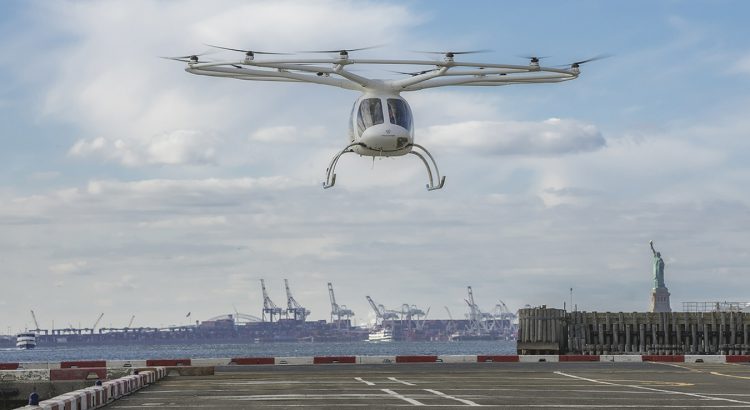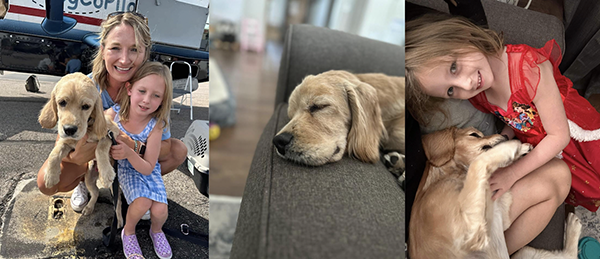The Vertical Flight Society (VFS) today announces the selection of teams from 16 universities to compete in the fourth annual Design-Build-Vertical Flight (DBVF) Student Competition. The 16 academic teams involved in the competition represent universities located in 12 US states, plus Canada, India and Malaysia. The selection marks the largest number of academic teams to […]
Month: November 2023
Memphis-Shelby County Airport Authority Begins Planned Leadership Transition
As part of a carefully planned process, Memphis-Shelby County Airport Authority (MSCAA) has announced that Terry Blue has transitioned into the role of President. Blue was selected to replace the retiring Scott Brockman as President and CEO by the MSCAA Board of Commissioners at their monthly meeting in April. Blue, who previously served as Executive […]
ACSF Adds Three to Board of Governors
The Air Charter Safety Foundation has announced the election of three aviation industry professionals to the ACSF’s Board of Governors: Magellan Jets’s Matthew Harris, Flexjet’s Kent Stauffer and Talon Air’s Jay Thakor. Effective immediately, Harris, Stauffer and Thakor will join the ACSF’s current board to help guide the rapidly expanding ACSF organization in pursuit of […]
GAMA Releases Third Quarter 2023 Shipment and Billing Report
The General Aviation Manufacturers Association (GAMA) has published the Third Quarter 2023 General Aviation Aircraft Shipment and Billing Report. The general aviation aircraft manufacturing industry’s results for the first nine months of 2023, when compared to the same period in 2022, show increased aircraft deliveries across all segments along with an increase in the overall […]
Phoenix Sky Harbor Claims Top Honors
Phoenix Sky Harbor International Airport was once again named the top airport in the nation among large airports by the Wall Street Journal. Fewest flight cancellations, taxi out time, and rideshare fees were among PHX’s top scores in the Wall Street Journal’s annual Airports Ranking study. This is the second time that Phoenix Sky Harbor […]
Piper Aircraft Announces New Fleet Agreement with AeroGuard Flight Training Center
Piper Aircraft has announced that AeroGuard Flight Training has placed an order for ninety (90) new Archer TX aircraft. The addition of these new Piper trainers will almost double AeroGuard’s fleet size, bringing it to over 200 aircraft. AeroGuard Flight Training Center has four campus locations, three in the U.S and one in Saudi Arabia. […]
Tabula USA Expands Team in Continued Commitment to US Growth
Tabula USA, a leader in agricultural technology, strengthens its US presence with two key additions to its team: Dennis McMonigle and Brad Ausborn, who join as Aviation Sales Managers. Brad Ausborn brings over 30 years of farming experience and a diverse background in aviation, including work with general aviation, corporate aircraft, and EMS helicopters. Combining […]
Air Taxis Could Help Boost Remote Communities, Research Shows
Growing support for the launch of air taxi services could help boost remote communities in Canada with more people considering moving to remote areas, if access conditions improve according to new research conducted by Pure Profile, an independent research agency. Government data shows that roughly one in nine Canadians are classed as living in remote […]
Volocopter Dazzles with First Flight in New York City
Volocopter, the pioneer of urban air mobility (UAM), completed its first flight test at the Downtown Manhattan Heliport (DMH) in New York City (NYC) with its crewed Volocopter 2X. Hosted by the Mayor of New York City, Eric Adams, and the New York City Economic Development Corporation (NYCEDC), the Volocopter 2X participated in the world’s […]
Dog Is My CoPilot Celebrates 30,000 Pets Rescued with $30,000 Match
Giving Tuesday On this day of global giving, you are invited to join Dog Is My CoPilot in raising funds for the animals who need it the most— the pets in shelters waiting to find homes! Learn more about their story by watching ‘transporting 30,000 pets to safety’ and follow along their journey over the […]


